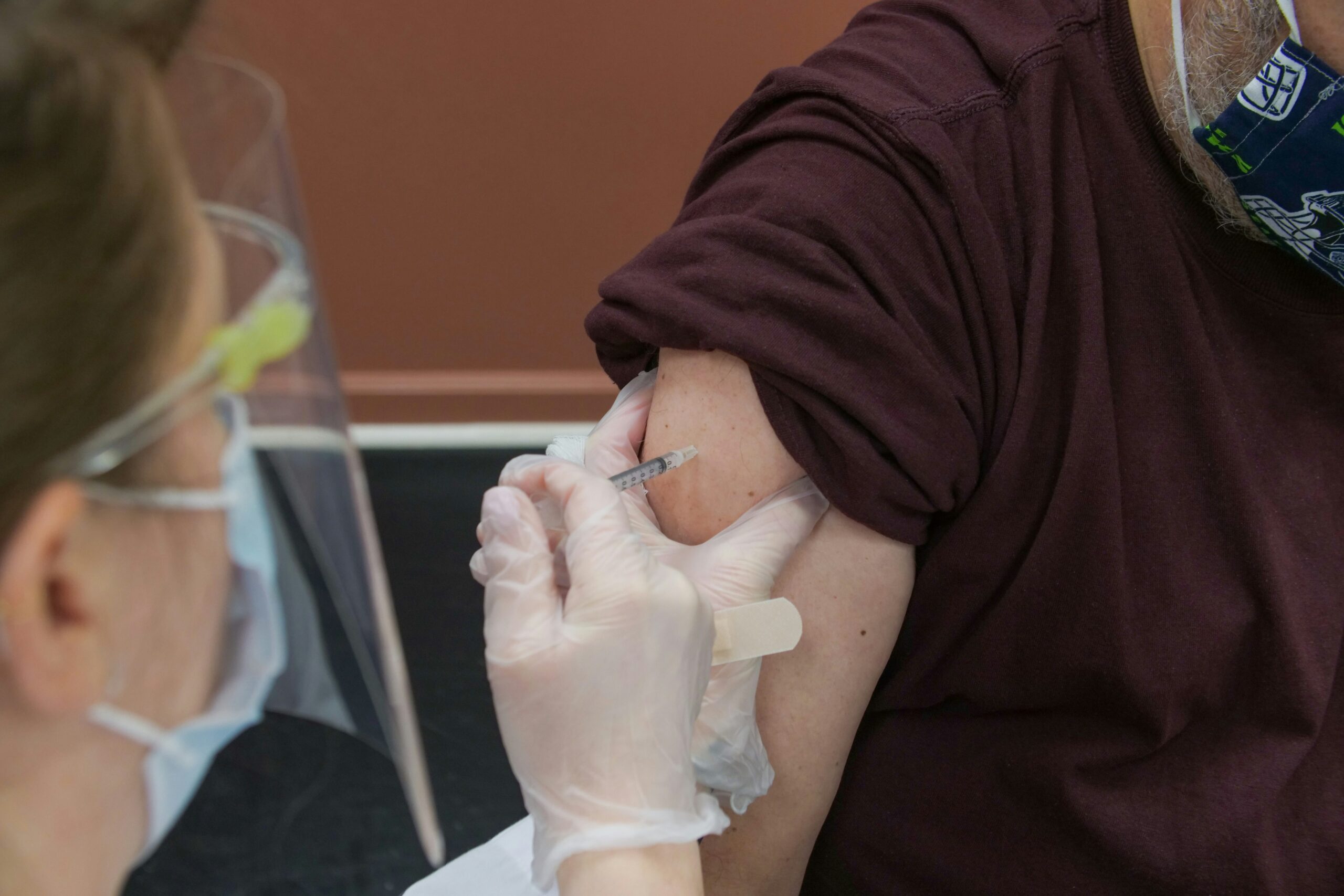Here’s how to know if a loved one or co-worker is abusing drugs or alcohol—and what to do about it.
Substance use disorder (SUD) can be sneaky. Despite the devastating effect it can have on a person’s health and livelihood, many people don’t even know they have it. Others go for years in denial without being treated for it. Then there are those who have been diagnosed and know they have SUD but try to hide it—from co-workers, loved ones, even spouses and partners. Sometimes for years.
Like I said, it’s sneaky.
Which means if you know a person with SUD, you may have a life-saving role to play in helping him or her get better. This guide can help in that effort.
When Someone Close to you is Struggling with SUD
First of all, how can you be sure it’s SUD? Tough question, because it’s not always clear cut. Even medical experts sometimes struggle to make a definitive diagnosis. But there are clues. Physical signs may include bloodshot or glazed eyes, abrupt weight changes, changes in hygiene, and sleeping too little or too much. Behavioral signs often include increased aggression, changes in personality, lethargy, depression, changes in habits or priorities, or a sudden change of social network.
Broaching the subject
If you come on too strong about your concerns right off the bat, your friend or loved one is likely going to clam up tight and reject your help. Best to start with a simple question asked in a private setting: “Can we talk?” Another tip: Try your best to get into the topic when you and your loved one are calm, and not in the middle of a crisis or a screaming match.
What to say? The federal government’s Substance Abuse and Mental Health Services Administration (SAMHSA) has lots of great SUD resources including a conversation guide for precisely this critical moment.
Proven conversation starters
Here are four great SAMHSA-approved questions you might ask to get things started on the right foot:
“I’ve been worried about you. Can we talk? If not, who are you comfortable talking to?”
“I see you’re going through something. How can I best support you?”
“I care about you and am here to listen. Do you want to talk about what’s been going on?”
“I’ve noticed you haven’t seemed like yourself lately. How can I help?”
During your conversation, listen actively, openly, and without judgment. And try not to have all the answers, even if some things seem pretty clear to you.
Action steps to consider
If it becomes clear it’s SUD, your best move may be to urge your friend or loved one to schedule a visit with a primary care physician or urgent care provider. Note: A key benefit of this visit is that it takes the pressure off you to fix the situation, or diagnose the problem, neither of which is your responsibility.
By the way are you wondering why might it be best for your friend or loved one go to a PCP or urgent care and not an addiction treatment center as a first step?
Two reasons: First, a PCP or urgent care visit can almost always be done via telehealth, which makes it quick, easy, and efficient, and therefore a step your loved one or friend is more likely to take.
Second, seeing a PCP or urgent care provider is a lot less threatening for the person who is struggling than contacting an addiction treatment center. Sometimes it’s best to push that hurdle back to a later date. Meanwhile, your loved one can get the ball rolling with a simple medical checkup with a medical professional who can advise on next steps.
If, on the other hand, it’s time to help your friend or loved one get into addiction treatment, I applaud you for that. Just keep your expectations realistic, and don’t be surprised if you get some serious pushback at least initially.
If your person gives you the green light to help, please consider Lakeview Health. We attract patients from all over the country, we provide excellent, evidence-based care, and we’re here to help.
Remember to stay optimistic with the comforting thought that SUD is treatable and beatable. It’s getting a lot of study these days, and more and more treatment information is becoming available. Most important, treatment centers and protocols are improving every day as we learn how to treat this relentless disease.
Finally, just remember that helping your loved one doesn’t happen all at once. If you get the brushoff at first—and this is very common in people with SUD—keep reaching out with offers to listen and help. Patience is key, though that can be far easier said than done. I know you can do it!
When a Co-worker is Struggling with SUD—what then?
Most of the above-mentioned advice applies here as well, including the questions to ask your co-worker if you sense there’s an issue.
If you have a colleague at work who may be struggling with SUD and you care enough to want to help, I applaud you. Getting involved in this kind of thing is never easy. Many times, it can feel thankless.
Also, know that SUD can be difficult to detect in the workplace. A person’s physical, emotional, financial, or legal situation may be going to pieces, yet managers and co-workers often don’t recognize the signs. These may include, but are not limited to: frequent tardiness, calling in sick a lot, getting behind on workload more often, increased error rate, and increased conflict with co-workers.
Another reason SUD can be difficult to detect is because people who have it often ignore or justify the condition. That’s why co-workers and managers provide such needed support when they make themselves available, listen without judging, and can help guide the person to next steps. None of that may be happening on the home front, by the way.
Making the first move to help
A good first step if you’re sure a co-worker is dealing with SUD? Simply ask your colleague if something is going on that he or she may want to talk about. Suggest a coffee meeting or lunch. Or maybe more appropriately these days, a Zoom call. Make it clear you’re simply there to listen and be a sounding board, and to help if he or she needs that. To help guide you in this first meeting, refer to the starter questions in the “friend or loved one” section above.
If your offer to talk gets shut down, and you’re worried about taking up the issue with the employee’s manager, consider contacting your company’s employee assistance program (EAP). Most medium to large companies offer EAPs, which offer support for work/life issues, and usually provide short-term behavioral health counseling.
Maybe more to the point in this case, EAPs are usually offsite, anonymous, and quickly reachable, so contacting them is a relatively easy and non-threatening move to make by your co-worker.
Another option: You can even contact the EAP yourself, let them know the situation with your co-worker, and ask for advice. The EAP expert will likely advise you to give their number to your co-worker and tell him or her to call. This EAP service is confidential, and almost always offered at no cost to employees.
Small steps work best, at home and in the workplace
Contacting an EAP expert is a small, doable, yet significant first step toward getting help—whether it’s you or your co-worker who makes the move. It will make the steps that come after that easier to take, because they will feel incremental, not drastic.
Same goes for you and your outreach efforts to help a loved one or co-worker. Take calm, reasonable, baby steps with your support. They are much more likely to succeed, especially in the critical early days.
Addiction Treatment at Lakeview Health
If you or a loved one is struggling with a substance use disorder, contact Lakeview Health today at 866.704.7692. Our team is ready to help with the admissions process and begin addiction treatment.




